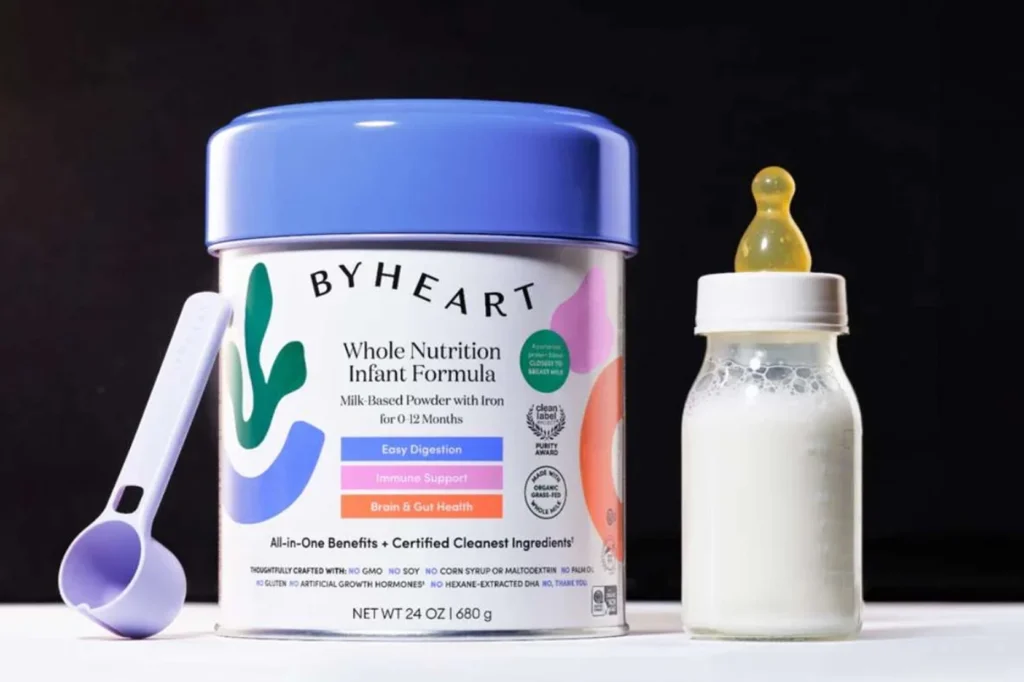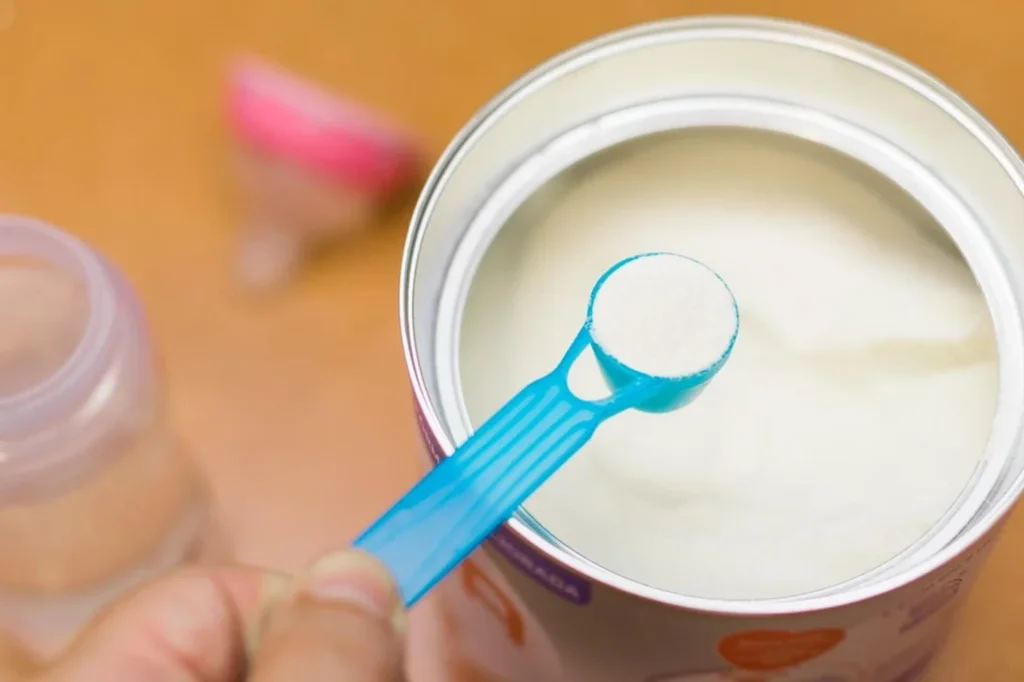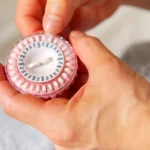Understand the science behind infant botulism, why the recall was issued, and how to prevent future risk. Written in an accessible, conversational style with strong expert voice (EEAT), this post helps parents navigate the “infant botulism formula recall” situation confidently. Stay informed, act promptly and protect your baby’s health.
Why FDA Does Infant Botulism Formula Recall:
As a healthcare professional with years of experience advising families, I know how frightening a formula recall can be. In recent days the alert about an “infant botulism formula recall” has been making headlines and for good reason. When a baby formula is linked to the rare but serious condition of infant botulism, parents understandably want clear, trustworthy information.
The term infant botulism refers to an infection in babies where spores of the bacterium Clostridium botulinum germinate in the gut and produce toxin. In the current situation, an infant formula manufacturer voluntarily recalled certain lots after evidence emerged of a multistate outbreak. This guide explains what happened, how to check if you’re affected, what symptoms to look for, and what steps you can take to protect your child and respond calmly yet proactively.
Other infant formulas remain unaffected but you should follow good hygiene and feeding practices.
What is infant botulism:
Infant botulism occurs when a baby ingests spores of Clostridium botulinum, which then colonise the large intestine, produce toxin locally, and cause muscle weakness, difficulty swallowing and breathing.
Unlike classic botulism (from pre-formed toxin in food), infant botulism is internal toxin production. It commonly affects infants younger than 12 months because their gut microbiome isn’t mature enough to resist the growth of these spores.
Because the onset of symptoms can span days to weeks, and because the signs may be subtle (poor feeding, droopy facial expression, constipation) this condition demands early recognition. Especially important right now, given the “infant botulism formula recall” parents whose baby has consumed the recalled lots must remain alert even if no immediate symptoms appear.

Why the recall happened: background and specifics:
The recent recall centres on the company ByHeart Inc. and its product called Whole Nutrition Infant Formula. On 8 November 2025 the U.S. Food & Drug Administration (FDA) reported a multistate outbreak of infant botulism linked to certain lots of that formula.
Specifically, the affected lot numbers are: 206VABP/251261P2 and 206VABP/251131P2, both with “Use by 01 Dec 2026”.
Because of the strong epidemiological signal, the recall was initiated “out of an abundance of caution”.
If you purchased the product with those lot numbers, the “infant botulism formula recall” applies to you stop use immediately, record the lot code, and check for symptoms.
How to check if your baby formula is affected:
Step-by-step:
- Locate the product – If you have any cans of the formula in question, check the bottom for the lot number and “Use by” date.
- Compare with recall list – The currently recalled lots are 206VABP/251261P2 and 206VABP/251131P2, use-by date 01 Dec 2026.
- If a match – Stop using the formula immediately, either dispose of it safely or return to the store/manufacturer as per instructions. Clean surfaces and utensils that came into contact with it with hot soapy water or dishwasher.
- If unsure – If you are uncertain of the lot code or your baby consumed the product, treat it as a potential risk: monitor your infant closely for symptoms and contact your paediatric provider.
The phrase “infant botulism formula recall” specifically refers to this very product/lots, and being aware can allow you to act quickly for your baby’s safety.
Recognising Symptoms of Infant Botulism:
Early recognition is vital when the “infant botulism formula recall” has impacted your baby. Typical warning signs include:
- Poor feeding or weak suck your baby may refuse the bottle or breast.
- Loss of head control or floppy-baby posture.
- Difficulty swallowing, droopy facial expression, decreased movement of limbs.
- Constipation may precede the other signs.
- In more severe cases, breathing problems due to muscle weakness and potential need for ventilator support.
If your baby consumed the affected formula and shows any of these signs, contact a paediatric hospital or specialist without delay. Time = critical.
What to do if you suspect exposure:
If you believe your baby was exposed via the “infant botulism formula recall”, here’s what to do:
- Stop use immediately: Discard or return the recalled product.
- Document the lot number/UPC if possible take a photo for your records.
- Clean thoroughly: All utensils, surfaces, containers that touched the formula should be washed with hot soapy water or run through a dishwasher.
- Monitor your baby: Keep a close watch for the symptoms above for several weeks because onset may be delayed.
- Seek medical care: If symptoms appear, treat as a medical emergency; early treatment can improve outcomes.
- Consult your paediatrician about using alternative formula brands or breastfeeding support.
Note: The recall does not indicate all formula is unsafe, but these specific lots are subject to the “infant botulism formula recall”. Many other formulas remain unaffected.
Preventing future risks and understanding context:
Infant botulism is rare in the U.S. fewer than ~200 cases annually under normal conditions. Historically, honey and environmental dust/spores have been the usual triggers.
This recent recall is significant because it involves a powdered infant formula, which is unusual. Products used in infant feeding must meet stringent safety standards, yet no system is completely fail-proof.
To reduce risk:
- Ensure formula preparation is hygienic wash hands, use clean bottles, follow manufacturer’s instructions.
- Avoid adding honey or other supplements to infant feeds under 12 months (even unrelated to this recall).
- Be alert to food safety announcements and recall alerts; if you subscribe to manufacturer or regulatory updates it can help.
- If possible, discuss with your paediatrician/opting for formula brands that have strong safety/auditing protocols.
Remember: although this “infant botulism formula recall” is causing concern, the overall risk remains very low but vigilance helps.
FAQ
Most frequent questions and answers
The recall affects two lots of ByHeart Whole Nutrition Infant Formula (Lot 206VABP/251261P2 and 206VABP/251131P2, Use-by 01 Dec 2026).
Stop using the product, monitor your baby for several weeks for signs like poor feeding or weakness, and contact your paediatrician for guidance.
No. This recall applies to specific lots only. Other infant formulas remain unaffected but you should follow good hygiene and feeding practices.
Conclusion:
Parents should stay informed, verify lot numbers, and act quickly if their baby has consumed any recalled formula. In conclusion, the infant botulism formula recall serves as a powerful reminder of the importance of vigilance and safety in infant nutrition. While the overall risk remains low, awareness and early action can make all the difference. Always follow trusted health updates, maintain proper hygiene during feeding, and consult your pediatrician for safe alternatives and ongoing reassurance.








